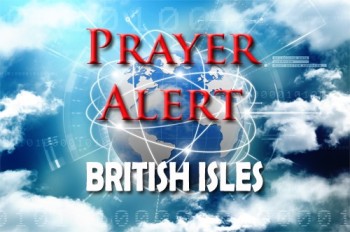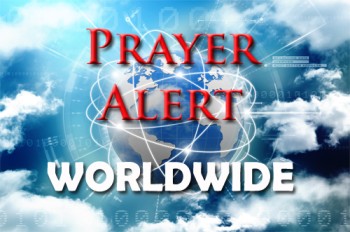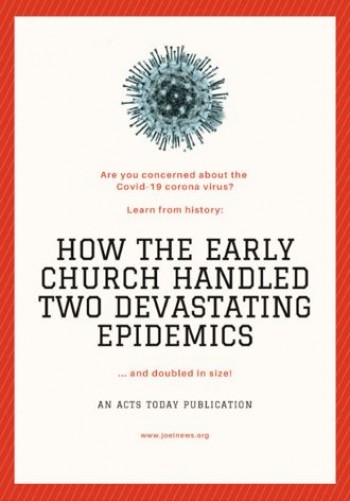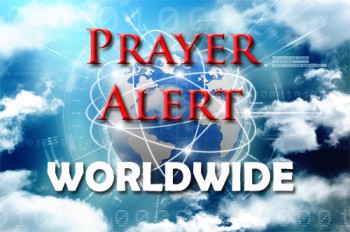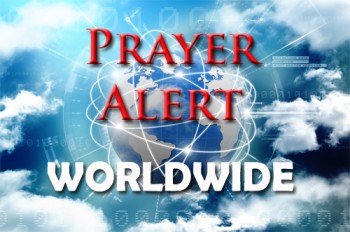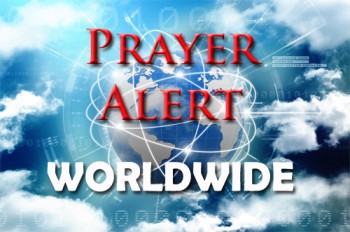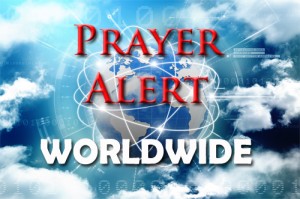Displaying items by tag: epidemic
Stark warning after measles outbreaks in parts of England
Health experts have issued a stark warning as measles cases surge in England, largely due to a rise in unvaccinated children. In 2023, there were 1,603 suspected measles cases in England and Wales, a significant increase from the previous two years. The West Midlands is currently experiencing the most severe outbreak, with 198 confirmed and 104 probable cases, primarily among unvaccinated school-age children in Birmingham. Its Children’s Hospital reports treating over fifty children for measles in the past month, the highest number in decades. Measles, a highly contagious disease, requires 95% vaccine coverage to achieve herd immunity. However, vaccination rates have dropped below 90%, increasing the risk of severe infections, brain damage, and even death. Professor Sir Andrew Pollard stresses the urgent need for more vaccinations to prevent hospital admissions and fatalities. The UK, which has lost its measles-free status due to declining MMR vaccinations, faces potential outbreaks if vaccination rates do not improve. The NHS is urging parents to ensure their children receive two doses of the MMR vaccine to curb the spread of this serious disease.
Global health emergency: monkeypox
WHO has declared monkeypox a global health emergency. The first case was in a child in 1970. Since then, outbreaks were small and traceable to an individual returning from a country with monkeypox. But the current outbreak is different, with sustained person-to-person transmission of infection. By 22 July there were 16,593 confirmed infections in 68 countries (none having had monkeypox before). Most infections are in Europe. The majority of infections are in men who have sex with men, especially those with multiple partners. There are concerns of under-reporting of cases in some countries. On 28 July the US federal government allocated 786,000 vaccine doses to local authorities after the Food and Drug Administration cleared them for use by people aged 18 and older who are at high risk. See There is limited supply of the two-dose Jynneos vaccine, and infections could become endemic or be introduced into at-risk groups such as children, the elderly, and pregnant women.
FREE E-BOOK – How the early church handled two devastating epidemics
Get your copy of this amazing story of love and courage! - published by Joel News
About this mini e-book
In the light of the current COVID-19 outbreak, how can Christians respond effectively in times of crisis? Church history can teach us an important lesson - to keep calm, to care for others, and to focus on God’s Kingdom.
How was this in the early church? In the first centuries the tiny Christian church didn't grew as exponentially as some house churches in China today. Their average growth was around 40% per decade (4% per year). But there were two periods in which this catalyzed: during two devastating epidemics with a 30% mortality rate. Today's coronavirus is actually a minor concern compared to that. The way the early Christians responded to this existential crisis made all the difference. They became contagious themselves.
Interested to read the whole story? We compiled it for you in a mini e-book (pdf) that you can download. And yes, you can freely distribute it to others who might be blessed or challenged by this amazing story of love and courage.
Church history can teach us an important lesson - to keep calm, to care for others, and to focus on God’s purposes.
Download the E-Book HERE
China: coronavirus update
Please continue to pray for the success of thermal-imaging screening and other airport precautions to contain coronavirus. Over 130 people have died, and the total is rising daily; there are 6,000 confirmed cases, but due to under-reporting the true figure may well be much higher. Pray for those who have unwittingly been in contact with the virus to be discovered by investigating authorities, as only detective searches can bring this epidemic to an end. Currently there is no vaccine for the virus; may God help scientists make an antidote. Pray for His peace to surround the many frustrated people who are subject to limits on travel at home and abroad. Pray for the success of the information programme encouraging hand-washing. Praise God for a 1,000-bed coronavirus hospital , completed after 48 hours of construction, and for an even more ambitious hospital building project due to be completed by Monday. Pray for an equally speedy delivery of protective clothing for healthcare workers. See also
Uganda: Ebola in frightening phase
The Ebola outbreak in the Democratic Republic of Congo made the long-feared jump across borders with three cases confirmed in Uganda, including the death of a five-year-old boy. Concern has been mounting that this would happen, underscored by an increase in the number of cases in recent weeks. The World Health Organisation and Ugandan health authorities said the Congolese boy had travelled to Uganda with his family. The other two confirmed cases are the boy's three-year-old brother and his grandmother, 50. They are in isolation at a Ugandan Ebola treatment unit. Eight people who had been in contact with the family are being traced. The Congo outbreak is the second largest and second deadliest in history. The Wellcome Trust said, ’This epidemic is in a truly frightening phase and shows no sign of stopping any time soon.’ WHO is expected to come under pressure to declare an international health emergency.
Democratic Republic of the Congo: Ebola outbreak
The second-largest Ebola outbreak in history has killed 97 children, and 811 people have symptoms. ‘We are at a crossroads’, said a spokesperson for Save the Children. ‘If we don't take urgent steps to contain this, the outbreak might last another six months, if not the whole year.’ The fatality rate is currently 63%. There is misinformation in communities, and mistrust of medical responses is an urgent and real concern. People have disrupted funerals because they didn't believe the deceased had the virus. Aid workers are threatened because it is believed that they spread Ebola. ‘We must scale up our efforts to reach the vocal youth and community leaders to build trust and to help us turn this tide. Treating sick people is essential, but stopping Ebola from spreading is just as important.’ Children are at the greatest risk of dying.
South Sudan: severe malaria outbreak
The ministry of health in South Sudan has said that this year’s malaria is the worst the country has ever seen. Over 900,000 cases had been reported by 21 August. This life-threatening blood disease is transmitted through the bite of the Anopheles mosquito. Once an infected mosquito bites a human, the parasites multiply in the host’s liver before infecting and destroying red blood cells. More than 76% of disease-related deaths in South Sudan are from malaria. Authorities have stepped up efforts to fight the disease, but there is a lack of funds. Pray for the malaria victims in northern villages unreachable by road. Pray for the provision of mosquito nets for poor people who cannot afford to purchase their own. Pray for the majority of the population, who do not currently have access to health care or immunisation programmes, See also:
